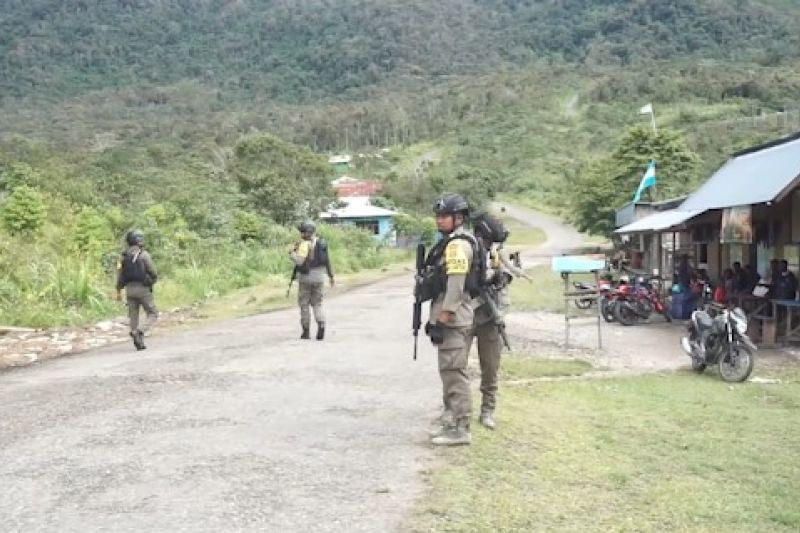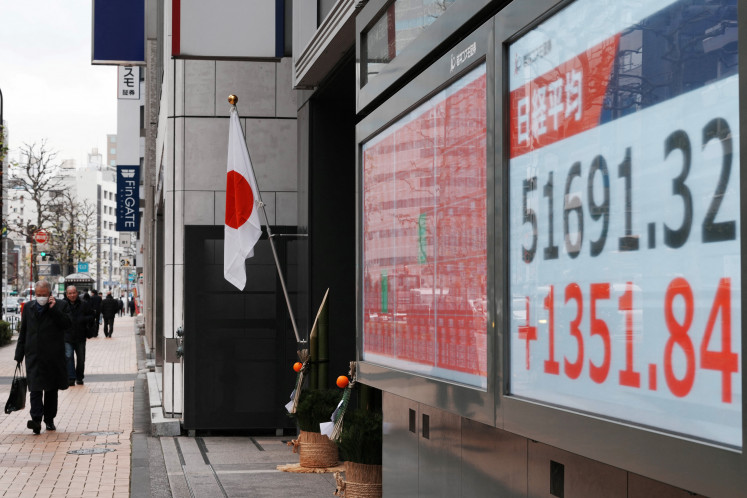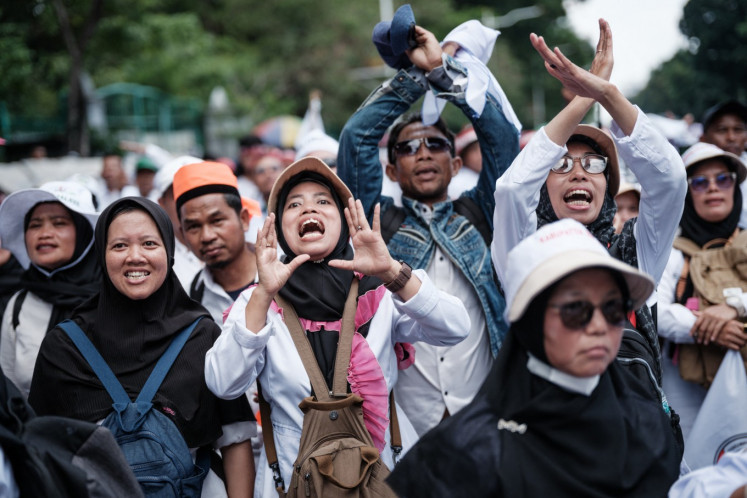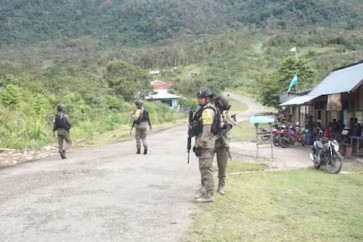Popular Reads
Top Results
Can't find what you're looking for?
View all search resultsPopular Reads
Top Results
Can't find what you're looking for?
View all search resultsHuman security approach to Papua: Hopes for new government
Poverty rates among Papuans remain high, with inadequate access to education, healthcare and employment opportunities even after 20 years of special autonomy.
Change text size
Gift Premium Articles
to Anyone
P
apua is undergoing a period of disruption. Over the past few years, the region has experienced rapid and fundamental changes, necessitating innovative solutions to address its complex challenges.
This transformation began with the passage of Law No. 2/2021, which amended Law No. 21/2001 on Papua’s special autonomy. Just a year after its enforcement, four additional laws were enacted, expanding Papua’s administrative divisions from two provinces to six: Papua (the parent province), West Papua, Papua Highlands, South Papua, Central Papua and Southwest Papua. Even before these laws could be fully implemented, Papua faced another major national event: the simultaneous presidential, legislative and local elections.
Unlike other newly formed autonomous regions in Indonesia, where local elections are typically held in the next electoral cycle, the four new Papuan provinces, despite being just two years old and still in the process of establishing governance structures, were required to participate in the entire electoral process.
In response to these recent developments, a regional forum on Papua was held on Feb. 25–26, 2025, in Malang, East Java. Organized by the Centro Initiative in collaboration with the Sasakawa Foundation and Brawijaya University, the event, which I attended, carried the theme “Global Human Security and Conflict Resolution in Southeast Asia: Reflection and Strategy Development for the Papuan Conflict”.
The concept of human security represents a shift from traditional, state-centered security, focused on military and national defense, to a people-centered approach that prioritizes individual well-being. While security remains a priority, the military no longer serves as the dominant actor in addressing conflicts.
A 2014 United Nations report highlighted that while inter-state conflicts had significantly declined in the 21st century, internal conflicts, both between communities (horizontal) and between citizens and the state (vertical), had surged. Conflict-prone regions, such as Papua, Thailand’s Patani, the southern Philippines’ Mindanao and Myanmar’s Rakhine state (home to the persecuted Rohingya), tend to be among the poorest in their respective countries.
Similarly, the 2022 UNDP Human Security Report emphasized that while global prosperity had improved, conflicts, terrorism, communal violence and extreme poverty persisted in certain regions. Inequality and discrimination remained major issues, leading to a shift in the definition of national security from physical threats requiring military intervention to broader concerns about human well-being, economic redistribution and social justice.



















